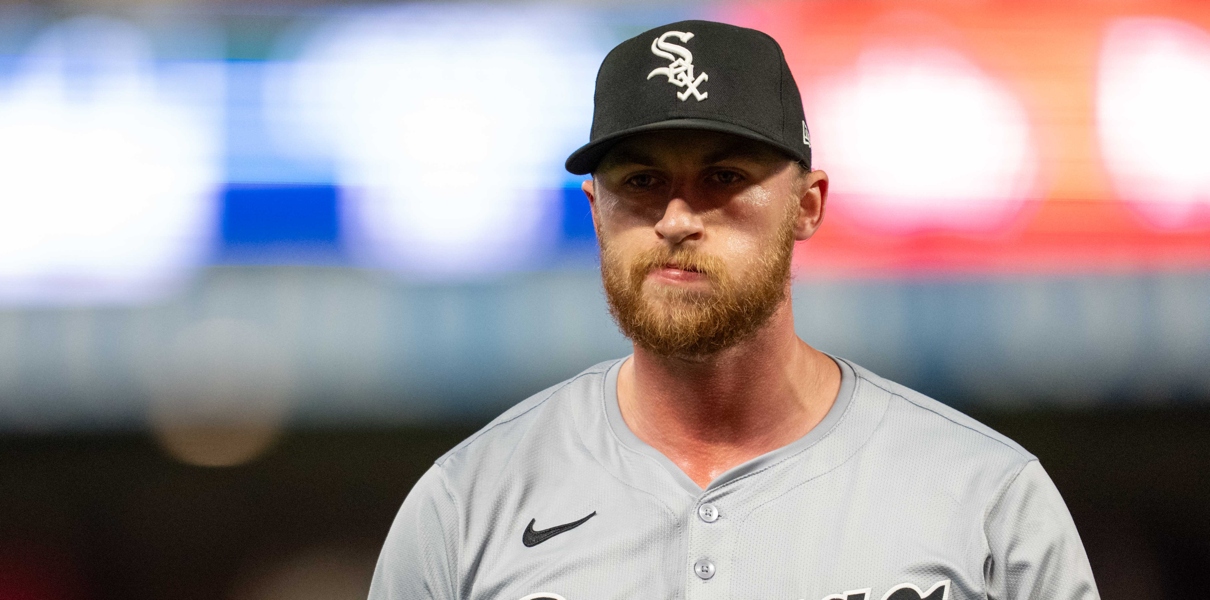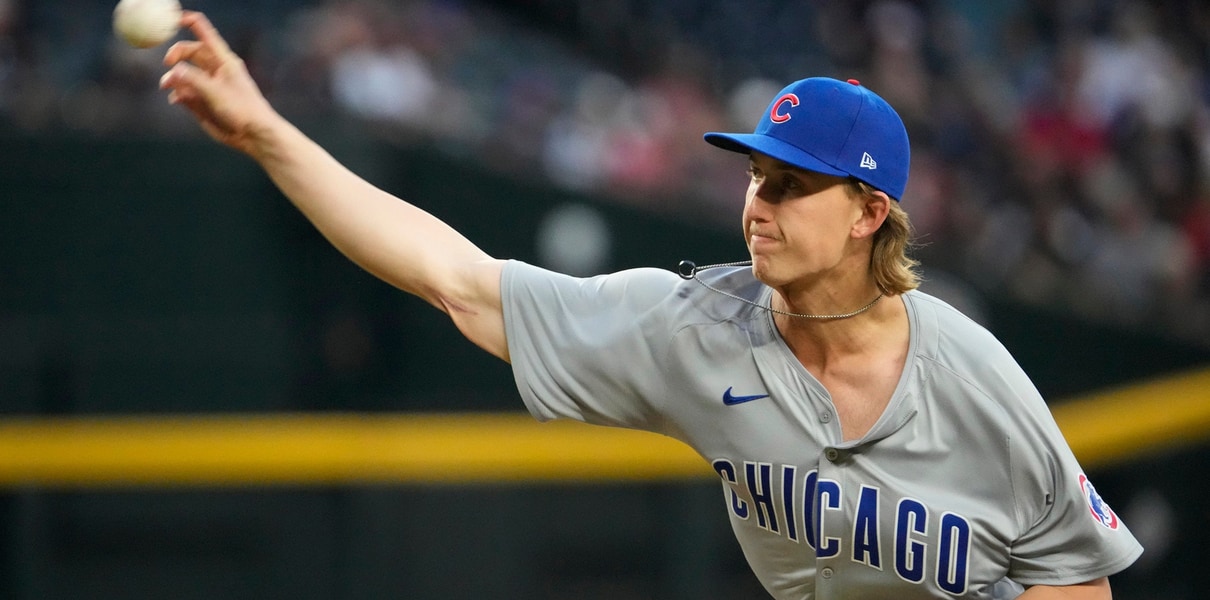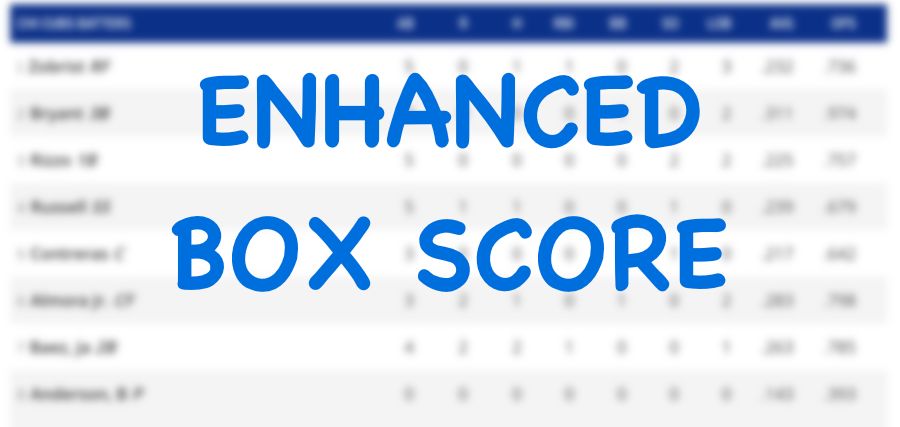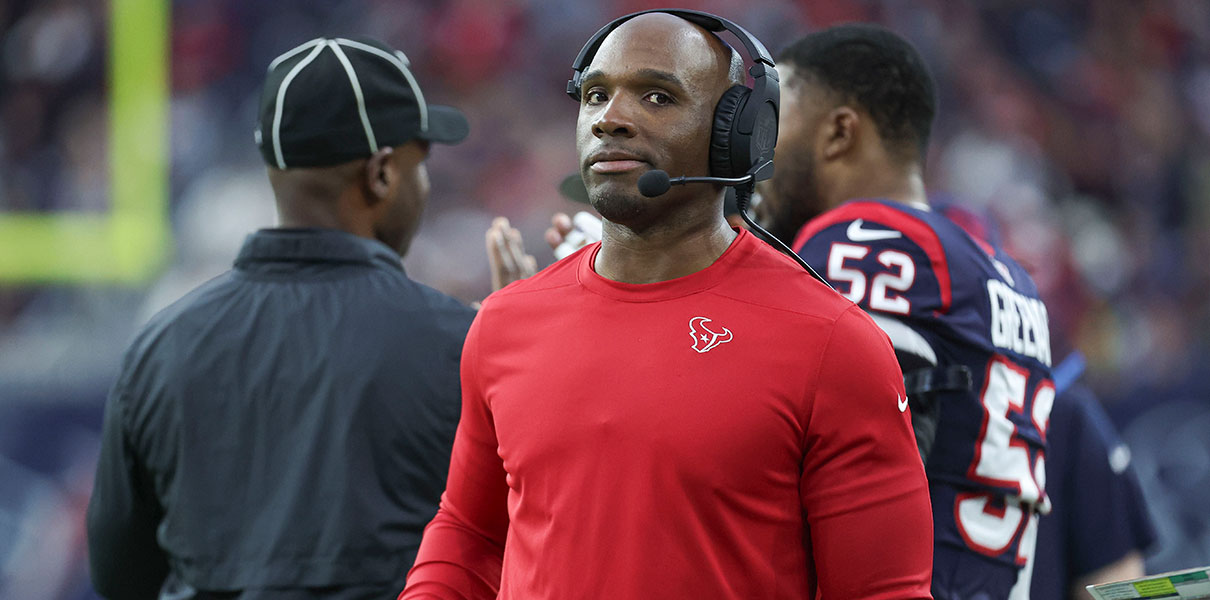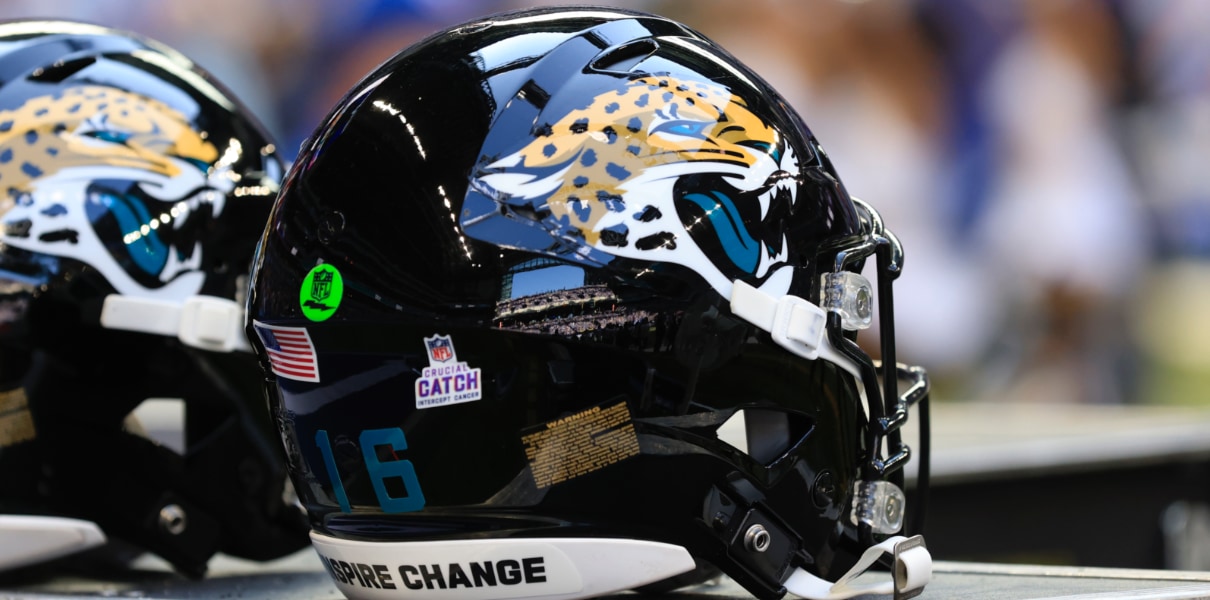We’ve got a deep dive on the state of the Cubs’ payroll coming as we head toward the offseason, but I wanted to mention something Theo Epstein said this week that is going to frame all the conversations to come.
Epstein and this front office have always been a little tighter-lipped than most when it comes to what they may or may not do on the spending side of things, but you generally have a rough idea of what they could or could not do. Last offseason, for example, we kinda knew that things would max out before they got to the top luxury tax tier, but we didn’t know how much play they had to go after the biggest ticket items (turns out … not much play).
This year? Despite knowing that a lot of money rolls off the books, and despite being able to project arbitration raises, we might have no idea whatsoever what is guiding the Cubs’ spending. The luxury tax tiers? Replacing dollars coming off the books? Trying to pump up for the Marquee Sports Network debut?
You’re just not going to get anything from Epstein this time around, and he made it very explicit when asked about the luxury tax.
“With regards to payroll, I wouldn’t make any assumptions,” Epstein said at the season-ending press conference. “I think we’ve come to realize that strategically it’s best just not to talk about it. First of all, there are a lot of unknowns going forward, when it comes to what is and what is not available to us, say, in the trade market for example. So I can’t sit here and speak definitively about what you can expect or what you can assume. I also don’t think it’s wise to tip your hand to the rest of the industry with where your payroll is likely to end up or how you’re going to treat the competitive balance [luxury tax] threshold.”
Epstein just flat out isn’t going to put that information out there. Kinda vexing for us as outsiders who want to know what’s available for the purposes of our rumormongering and speculating and wishcasting and fantasizing, but almost certainly better for the organization.
Interestingly, Epstein went on to praise ownership for its spending during his tenure.
“I think it’s important to note that we had the second highest payroll in baseball this year. Some are pointing fingers of blame at ownership and at Tom [Ricketts], and because of that I think it’s important to note that we’ve had a top six payroll every year I’ve been here, second highest payroll in baseball this year. We get everything that we need from ownership, and we’ll continue to get everything we need from ownership …. I think you can assume we’re going to have really supportive ownership …. and you can assume we’re going to do everything we can to build a sustained winner, including in 2020.”

Ultimately, the Cubs finished the 2019 season with a payroll that approached $240 million for luxury tax purposes, second only to the Red Sox, who have publicly declared an intention to get under the $208 million luxury tax threshold this offseason. I think it’s fair to say that maybe the Cubs should have been willing to push a little more into the pot last year, in particular, knowing what this window is and knowing how much rolls off the books this offseason, but I don’t think it’s fair to call ownership cheap, relative to the industry. They’ve spent. It hasn’t all been spent effectively.
Going forward, I expect revenue to stay strong for the Cubs, and if the decree to put revenues – after expenses – right back into baseball operations stays the MO, then it is reasonable to expect the Cubs to continue to be among the top payrolls in baseball.
Something else that I think is important to remind folks this time of year when having these conversations:
Early in every offseason, I feel compelled to remind folks that MLB has built into its very structure the idea that big market clubs (like the Cubs) will outspend smaller market clubs on payroll, thus those smaller market clubs get big advantages in the draft and IFA.
— Bleacher Nation (@BleacherNation) October 2, 2019
Although you should be reasonable in your expectations, it is an explicit structure in the sport for large-market clubs like the Cubs to spend more. You should expect a high payroll in competitive years.






